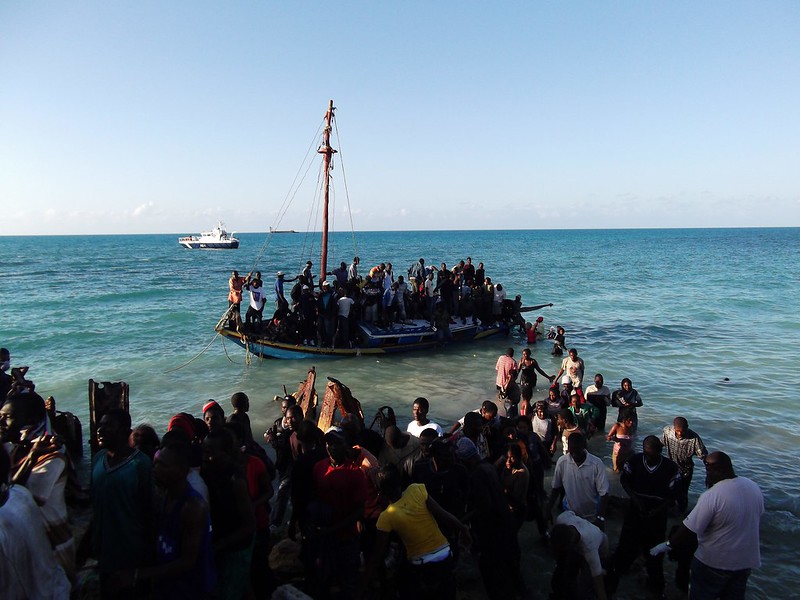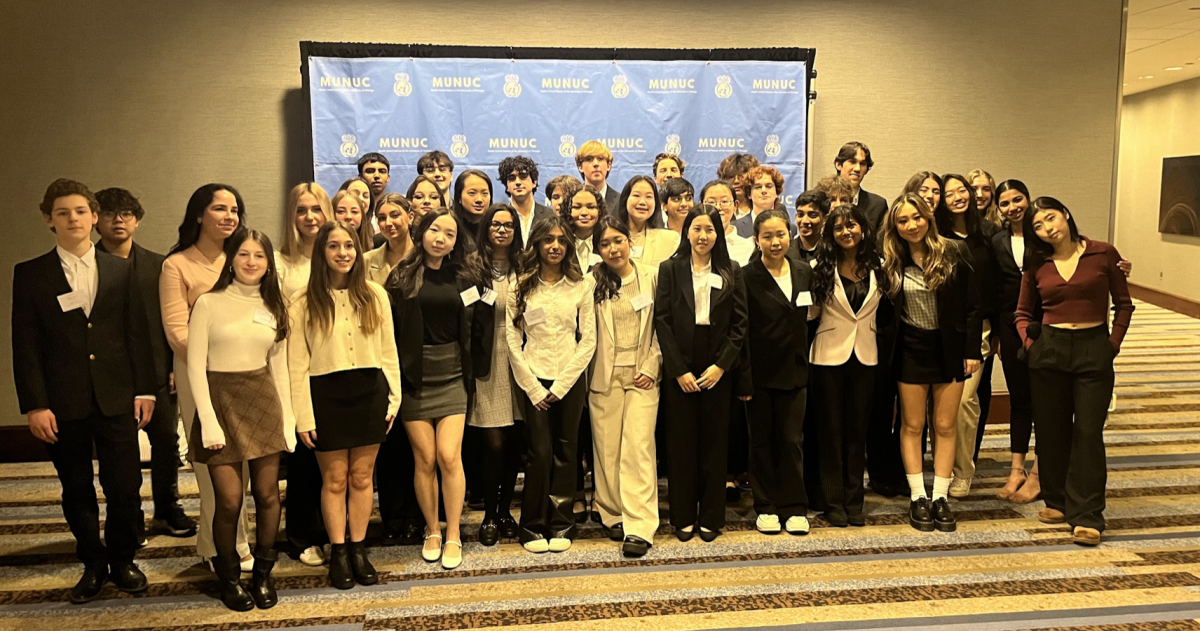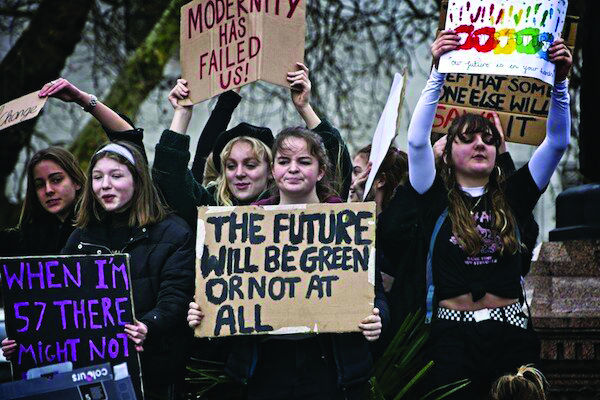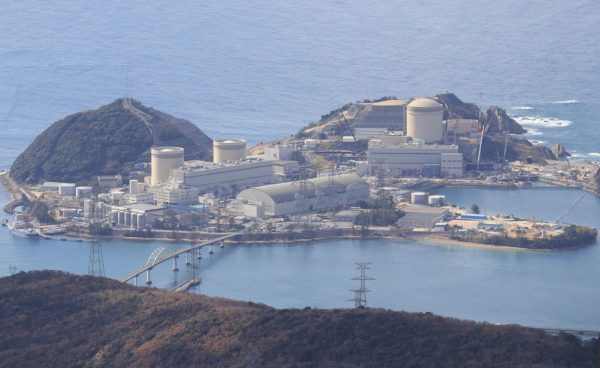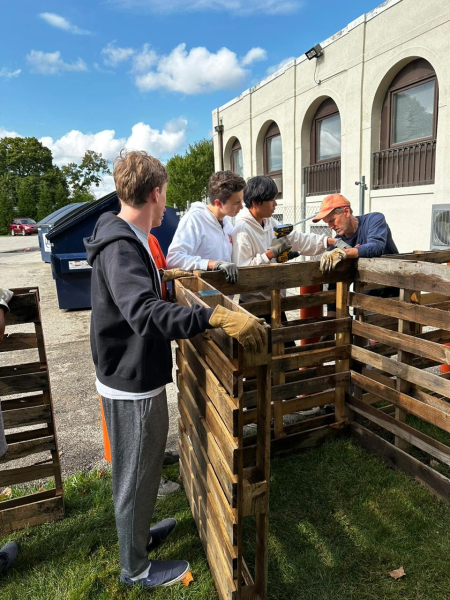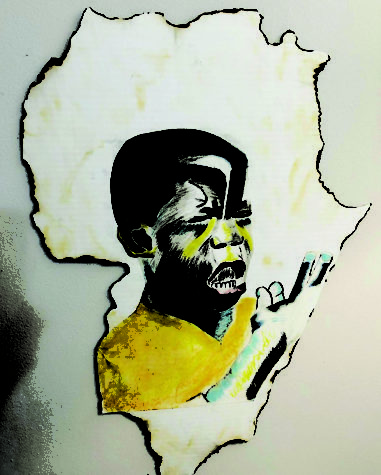Haitian migrant crisis: the struggle for asylum
Photo by Creative Commons
Haitian migrants near Turks and Caicos Islands, 2011.
November 8, 2021
A global pandemic, an assassination of a president, massive increase in poverty and gang violence, and a 7.2 magnitude earthquake affected Haiti these past 18 months. As most can imagine, the turmoil and lack of security has led many Haitians to immigrate in order to find better opportunities. Yet the treatment of these migrants at the US-Mexico border has led many to question immigration policies, and how human rights have affected these people for centuries.
At one point, there were more than 10,000 Haitian people at the border. Many of these people were actually coming from Central and Latin American countries, fleeing insecurity and seeking asylum in the United States. Why did this influx of migration happen? Haitian migrants were given an 18 month temporary protection status in the United States due to the multiple human rights abuses happening in their homeland. This is why so many people decided to come from all parts of the Americas to try and find refuge.
Yet despite the tribulations these people went through to get to the border, the United States did little to accommodate them. Makeshift camps were made outside of the border while immigration cases were being heard and Haitian migrants waited for refuge. While in these camps, Haitians were treated inhumanely by United States immigration officials. Images show officials on horseback chasing after migrants, herding them like cattle. This grabbed the attention of the American public, and many started to question how this could have happened.
The Biden administration has dealt with the issue similarly to the preceding administration. The country sent planes to fly Haitians back to Port Au Prince, causing chaos at the airport there. So far, the camp has been almost cleared; While some have been admitted, many have been detained or have fled back to Mexico. Many did not tolerate this treatment, including the United States special envoy to Haiti, who quit to condemn Biden and the way the administration is treating these migrants.
Sam Wold, History and Human Rights teacher and Amnesty International faculty leader, stated that the treatment of migrants violates many human rights. He stated that, “the conditions that they force these people to live in while they are waiting for those cases are sometimes just as bad as what they are trying to escape.” He believes that the government needs more asylum specific judges to make the process more efficient.
The continued struggle for immigration justice is exemplified in this crisis. It is clear the country needs to take steps to better conditions for migrants. It is essential that as residents of this planet and LFA global citizens we continue to pay attention to immigration policy, as it is an international issue that relates to us all.

